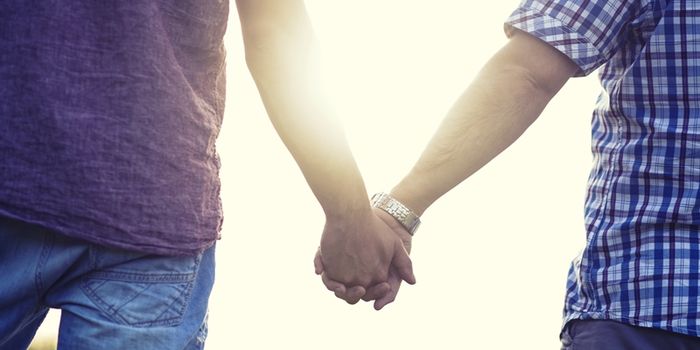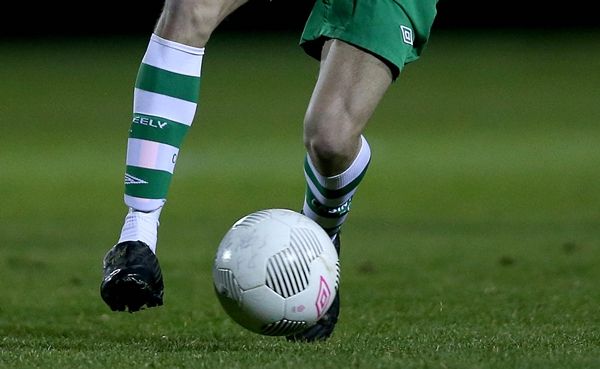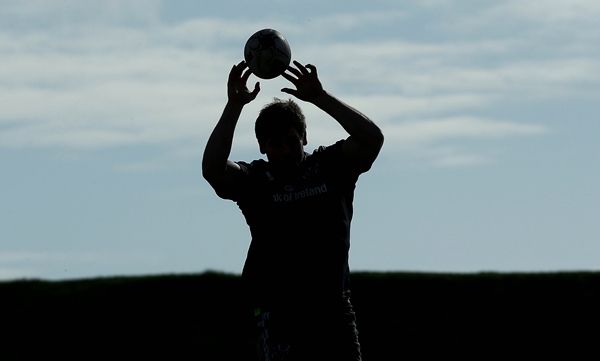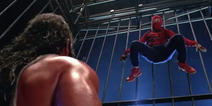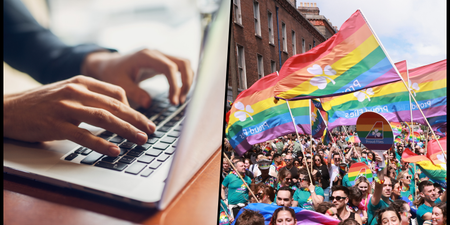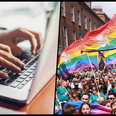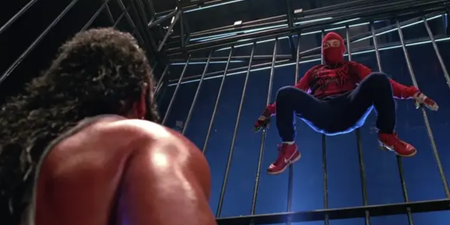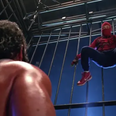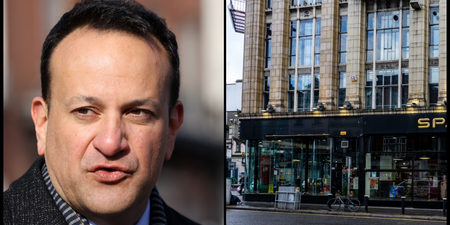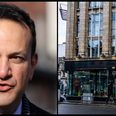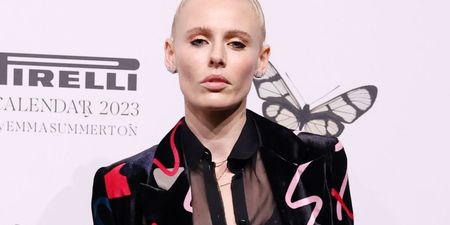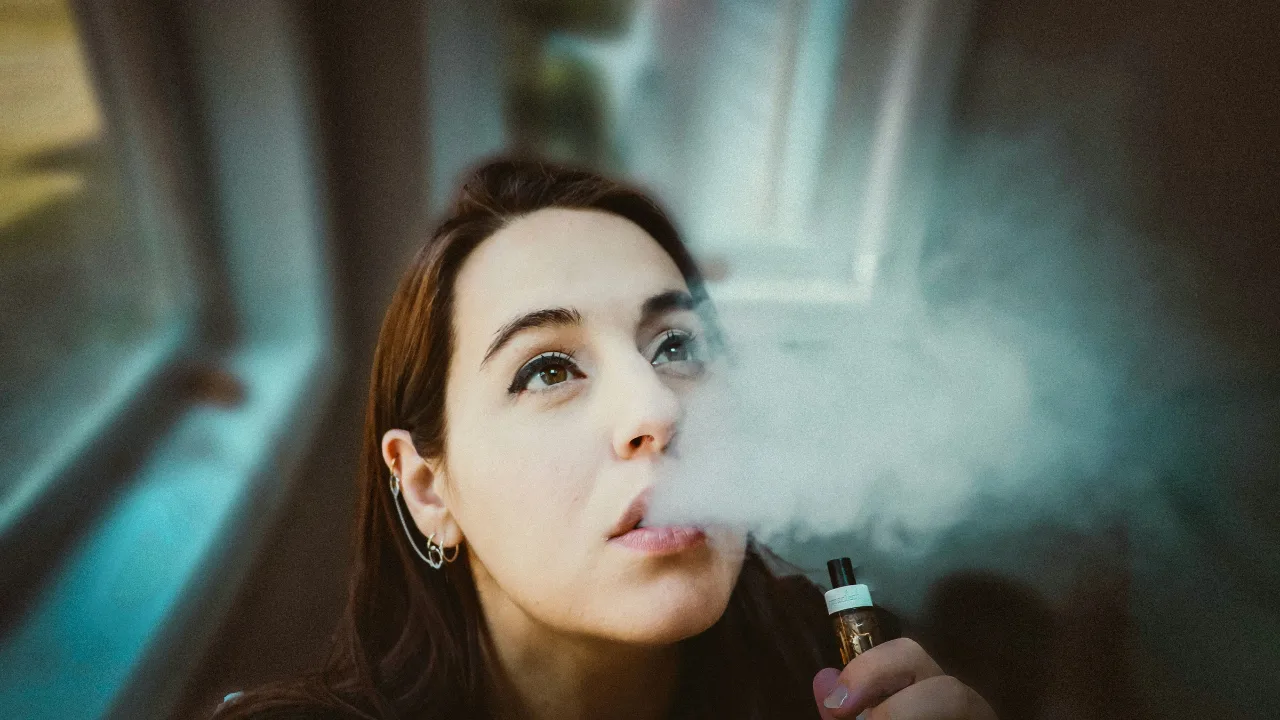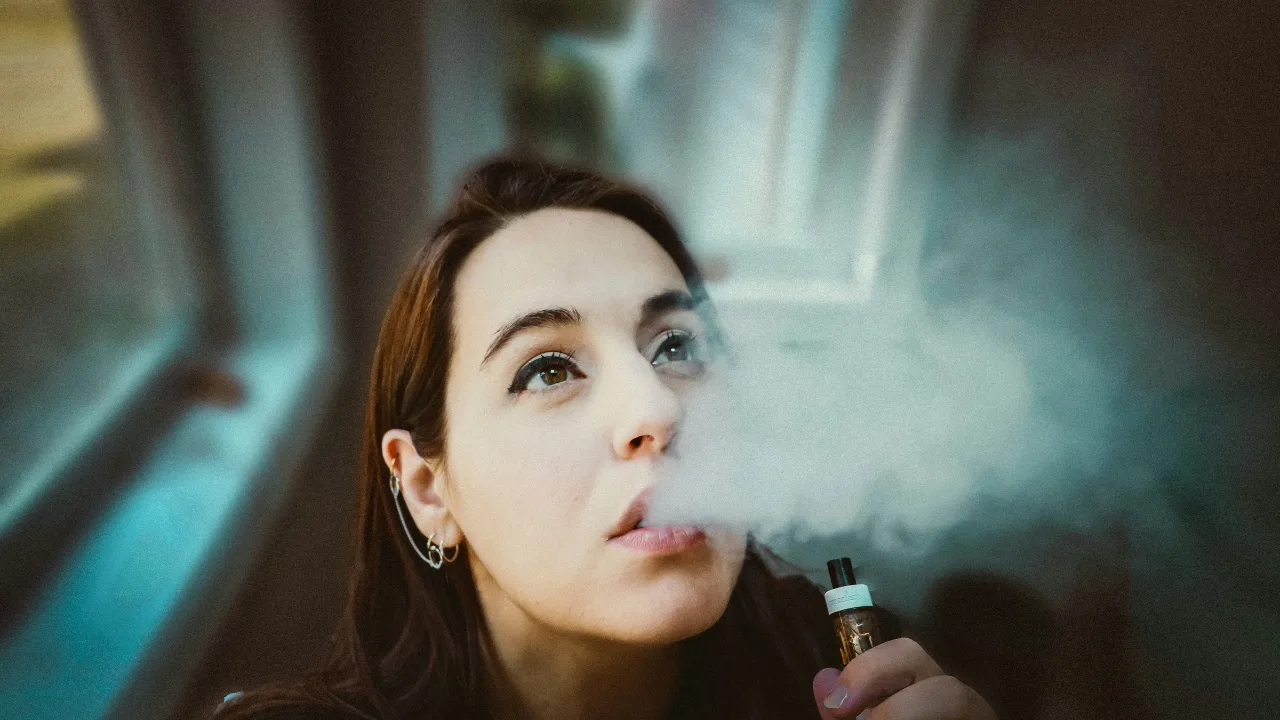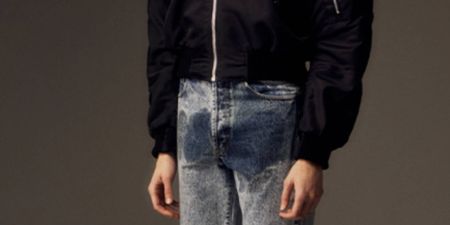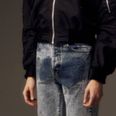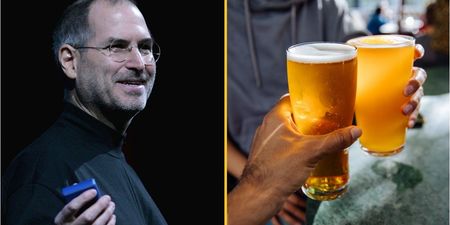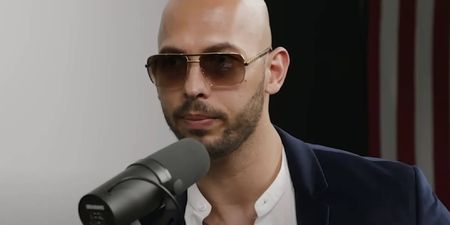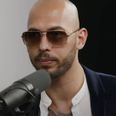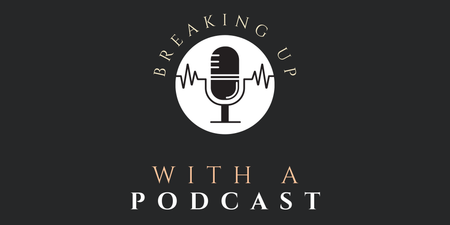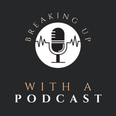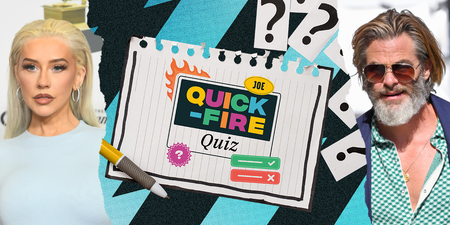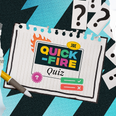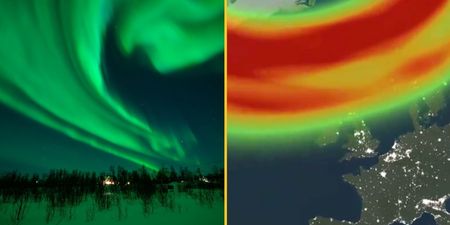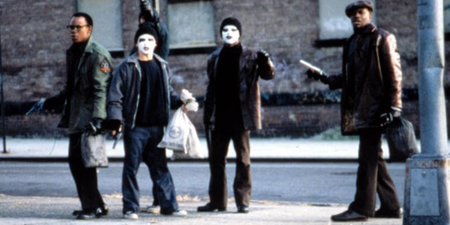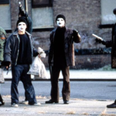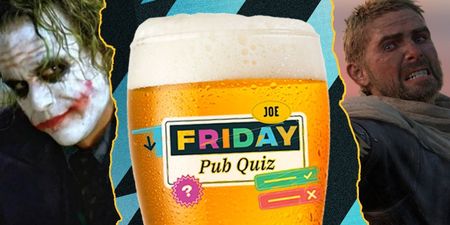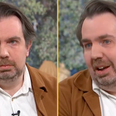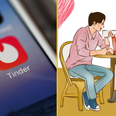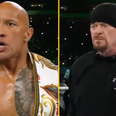A 17-year-old schools rugby, soccer and cricket player tells JOE his story.
When I first came to terms with my sexuality there was a large sense of relief, but a lot of worry. Up to that point I had somehow managed to fight away the fact that I was gay because of who I was, how I acted, and my interest in sport.
I had looked at myself in the mirror on more than one occasion and told myself that I could not possibly be gay because of the fact that I enjoyed sport. This way of thinking was so ingrained in my head from a young age that I thought a gay man could not possibly like sport, let alone compete well in his chosen field.
This stereotype is something that I still confront and deal with on an almost daily basis and it’s great to see people like Dónal Óg Cusack, Brian “Bru” Amerlynck and Michael Sam in America speaking out and battling to break it down.
Playing is one thing, but the aspect of playing football I have feared the most is the dressing room atmosphere that comes with it.
The testosterone-fuelled environment, before everyone has switched on for the upcoming match, is a place where nobody bats an eyelid at homophobic slurs despite the effect the words may be having on the person sitting next to them.
If someone throws around the word ‘faggot’ or ‘queer’ and nobody else stands up to them then why would I confront the aggressor and risk outing myself?
Next year I’ll be moving up to senior football with my local team and what will the atmosphere be like in that dressing room? If they do discover that I’m gay what will their reaction be? Will they be comfortable changing with me? None of these things should be an issue or should even be on my mind but the reality is that they are and I just have to deal with them, daily.
My entire focus should be on doing my best for the team and gaining their respect with my performances and not whether they’re homophobic or not.
Homophobia is a huge issue in sport and really isn’t being dealt with as it should be. People are starting to take notice of it and it is going in the right direction but there still isn’t enough being done.
Homosexuality in sport is still invisible.
It’s not something you can see – like a person’s race or gender. Homophobic slurs in sport feel like a victimless crime to those committing them because there aren’t any obvious or visible victims. It’s so important for more people to stand up against it and more athletes to come out of the closet.
If you suddenly find out your favourite footballer is gay you’re less likely to call a player a ‘faggot’ on a Saturday afternoon at the match.
In an all male school of 150 boys it is a statistical certainty that at least one of them is gay and, realistically, there are probably many more. I’m fortunate enough to be in a very progressive and accepting school. I don’t think my school has ever even received a course or presentation to battle homophobia, such as those provided by “ShoutOut” and similar organisations, purely because there is no need for one. The ethos of the school has been passed on to the students which leads to them being accepting of all.
The only case of homophobic bullying I have ever been subjected to came from a group of lads from our rival school.
They were talking about me on the bus home and discussing how my supposedly sub-par rugby ability was directly related to my sexuality. It never would have happened in my own school.
Those kinds of comments do, however, put doubts in your head. Do others think the same? What about my team-mates? Do they or will they think less of me as a player because I’m gay? It feels like I have to prove myself all over again.
I shouldn’t have to prove that I have the ability to play senior rugby considering I was on the team last year. I shouldn’t have to prove I can play football at the standard I’ve been playing at for the past 12 years of my life. I shouldn’t have to prove I’m good enough to play cricket when I’ve already made a large contribution to two all-Ireland wins with my team.
My ability hasn’t suddenly dropped because I’m gay. I’ve been gay the entire time.
The one upside of these doubts is the ability I have of flipping it around and getting the most out of myself. I have a motivation to break down these stereotypes by performing at my optimum level consistently. I have to always be on top of my game and can never rest on my laurels after a few good performances and I feel that coming out has made me a better athlete.
As strange as it may seem, I feel like I’m representing the gay community in the sport I’m playing and as though I’m setting an example that gay people can do all these things that stereotypes say they can’t. These are the same misconceptions I had of gay people before coming to my own realisation a few years ago.
When other people make you feel as though you have something wrong with you, because of your sexuality, it is deeply wrong. When a person’s mother, for instance, calls her own son or daughter ‘disgusting’ because of who they are then there is something deeply wrong.
The upcoming same-sex marriage referendum on May 22nd is another chance to break down barriers.
If you’re straight, how would you feel if the rest of the population of the country had to vote on whether or not you can get married or adopt a child while you, at the age of 17, have absolutely no vote on the matter?
Because that’s the reality I’m facing right now. You are deciding my future.
The writer of this piece has asked to remain anonymous
LISTEN: You Must Be Jokin’ with Aideen McQueen – Faith healers, Coolock craic and Gigging as Gaeilge
